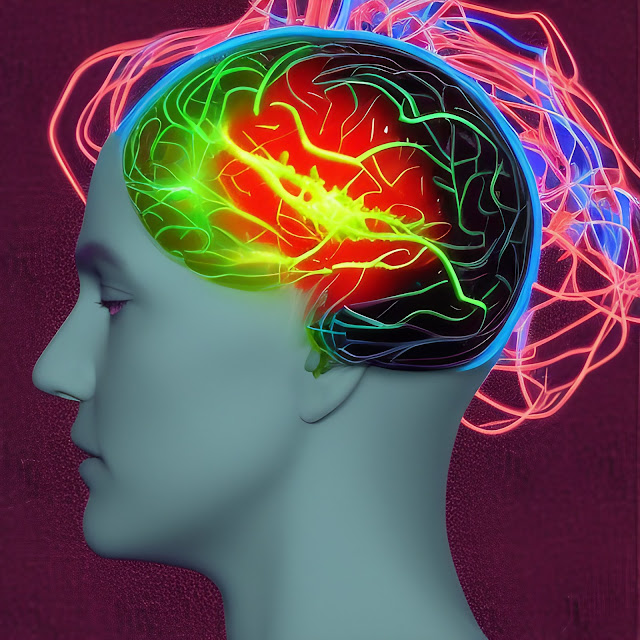Exercise-induced hormone irisin may reduce Alzheimer's disease plaque and tangle pathology in the brain.

Exercise-induced hormone irisin may reduce Alzheimer's disease plaque and tangle pathology in the brain. New findings strongly support developing irisin as a therapeutic target for Alzheimer's disease treatment and prevention. Researchers who previously developed the first 3D human cell culture models of Alzheimer's disease (A.D.) that display two significant hallmarks of the condition -- the generation of amyloid beta deposits followed by tau tangles -- have now used their model to investigate whether the exercise-induced muscle hormone irisin affects amyloid beta pathology. As reported in the journal Neuron , the Massachusetts General Hospital (M.G.H.)-led team has uncovered promising results suggesting that irisin-based therapies might help combat A.D. Physical exercise has been shown to reduce amyloid beta deposits in various mouse models of A.D., but the mechanisms involved have remained a mystery. Exercise increases circulating levels of th...





